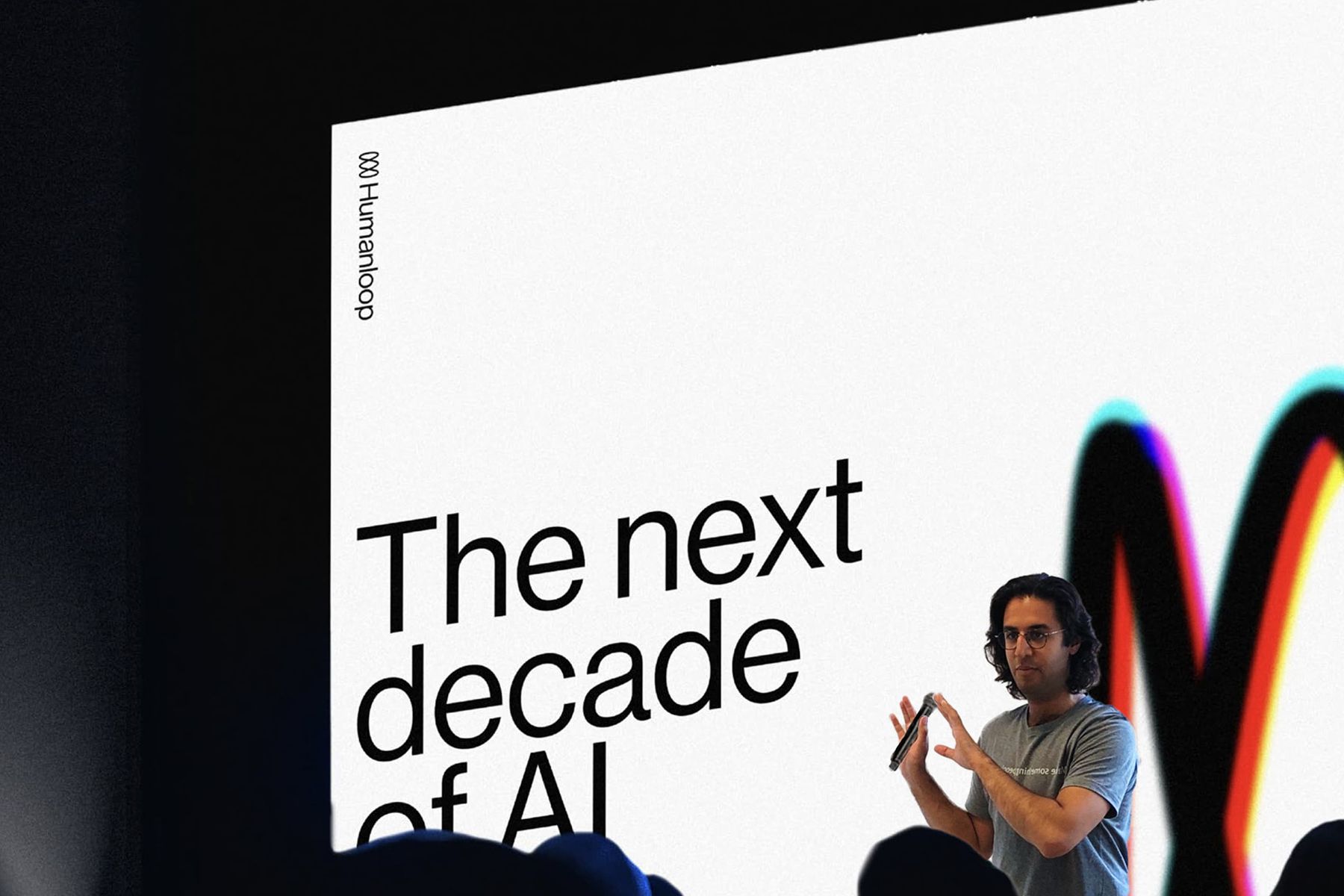Humanloop launches a suite of tools to help humans ‘teach’ AI algorithms

QUICK TAKE
- Humanloop uses cutting-edge research in machine learning and natural language processing to make it easy for every company to integrate AI algorithms that understand language
- The company has raised in seed funding $2.6m from investors, led by Index Ventures
- Its new product, Programmatic, largely automates the labelling of large data sets
- A major breakthrough behind Humanloop’s success is the growth of ‘probabilistic deep learning’, where algorithms are born with the ability to know what they don’t know. Instead of using data indiscriminately to create a model, Humanloop’s software can sift out a lot of noise and redundancy in data sets, identifying high-value data points and asking humans for help with ‘edge cases’.
THE DETAILS
Founded in 2020 by a team of preeminent computer scientists from UCL and Cambridge, and alumni of Google and Amazon, Humanloop is tackling the hugely time-consuming problem of humans needing to draw on their judgement and domain-expertise in order to label the massive data sets required to train machine learning algorithms. Without the help of Humanloop’s technology, the amount of time it takes to get an algorithm up and running means that these tailored applications are beyond the reach of most businesses and organisations.
Humanloop overcomes this roadblock by drawing on innovations in computer science that make it possible to automate the labelling of data, as well as to build robust models from smaller data sets and to continuously update those models. The company’s latest intelligent annotation product, Programmatic, lets an expert such as a lawyer, doctor or banker capture some relevant area of knowledge in a few simple rules, which the software can then apply at enormous scale across a large data set.
‘People would be shocked if they knew what language-based AI was capable of now, but getting the data into a form that the algorithm can use is the biggest challenge. With Humanloop, we want to democratise access to AI and enable the next generation of intelligent, self-serve applications – by allowing any company to take its domain expertise and distil it efficiently in a machine learning model.’
CEO and co-founder Raza Habib
Humanloop’s technology has helped algorithms become proficient at tasks such as building a picture of a national real estate market from unstructured data on the internet; reading through electronic health records to identify people who would could be candidates to try new therapies, capturing legal data at the end of commercial deals; moderating comments on Facebook groups; and generating draft responses to incoming customer service inquiries that usually demand hundreds of man-hours. With the help of Humanloop’s platform, human professionals can quickly give instructions to these algorithms, allowing the systems to learn more swiftly to utilise relevant information and behave accordingly.
A major breakthrough behind Humanloop’s success is the growth of ‘probabilistic deep learning’, where algorithms are born with the ability to know what they don’t know. Instead of using data indiscriminately to create a model, Humanloop’s software can sift out a lot of noise and redundancy in data sets, identifying high-value data points and asking humans for help with ‘edge cases’. This ability allows them to learn much more quickly and create more accurate AI models with far less data than conventional approaches. It also allows for a continuous loop of learning, instead of ‘waterfall’ sequence where the labelling process is distinct from the training and deployment phases.
‘What many people don’t know is that it’s not the lack of appropriate algorithms that’s holding back AI from being ubiquitous in every workplace – it’s the absence of properly labelled data. In fact, machine learning itself is becoming increasingly commoditized and off-the-shelf, but it’s still really hard for non-technical people to transmit their knowledge to a machine and help the algorithm refine its model. With their unique approach, Humanloop have the potential to bring AI modelling to the wider public and transform the modern workplace.’
Erin Price-Wright, Partner at Index Ventures
Humanloop’s co-founders converged on the problem of creating a human/AI interface from a variety of perspectives in academia and industry. Habib completed an undergraduate physics degree at the University of Cambridge and worked in startups; he also spent a year at Google Brain in California and is in the final stages of completing a machine learning PhD at UCL, focused on probabilistic deep learning.
‘As a physicist, if I’d been alive at the start of the 20th century, I would have wanted to work on the intellectual frontier of quantum mechanics,’ Habib says. ‘Being alive at the start of the 21st, it became clear to me that machine learning and AI is where we should be focusing our efforts.’
Habib co-founded the company with his academic supervisors Professor Emine Yilmax and Professor David Barber, the head of UCL’s AI centre, and now also the chief research officer at Humanloop; Jordan Burgess, chief product officer and former data scientist at Amazon and Bloomsbury AI (later acquired by Facebook); and Peter Hayes, the chief technical officer who co-founded intelligent finance platform Certua and was on the UCL machine learning PhD programme with Habib.
Published — July 28, 2022

